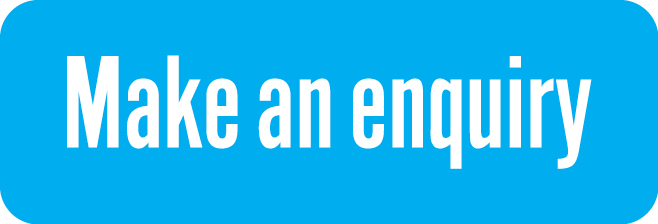Five practices for conducting successful remote workshops
by Zoe Pappas
In light of the escalating responses to the COVID-19 pandemic, we’ve been turning our minds to a key question that our clients are currently grappling with: ‘What will happen to our strategy offsite and other key workshop dates in the calendar?’
While it’s prudent in the current climate to consider postponing such events, most of our clients are keen to find ways to make sure these important events and conversations in the strategy calendar are able to proceed, and soon.
The current COVID-19 situation is first and foremost a health concern. We must keep our people and workplaces safe and reduce the risk to our families and communities. The secondary challenge is keeping the wheels of our economy and businesses turning. Decisions still need to be made, strategies and plans developed, and we still have to bring together groups for powerful, meaningful collaboration if we are to continue to deliver as best we can through turbulent times.

In light of this, we thought we’d share five practices for conducting successful remote/digital workshops, developed through conducting multiple engagements in these forms:
1. Break it down
One of the reasons offsites are usually designed as consecutive sessions over 1-2 days is that it’s an efficient way to use everyone’s time if you are bringing them together physically. In fact – if we are not all required to be in the same location at the same time – we can get creative with our format and break it down into different time periods, delivering the sessions in modules over a few days or a couple of weeks. The trick is not to let there be too much time between sessions so you can maintain the right momentum and flow required to achieve desired outcomes.
2. Redesign sessions and mix them up
Don’t just expect that a session plan that works in physical form will translate perfectly for the virtual world. It won’t. Clever session design, that is cognisant of the strengths and limitations of working in a digital space, is more important than ever. And mix it up! Some sessions require synchronous participation, while others (for example, guest presenters) could potentially be pre-recorded. Breakouts can be scheduled at different times to meet the needs of different groups of attendees.
3. Make use of the full digital toolkit
There’s an amazing array of tools at our disposal to support effective digital workshops. At Strategic Facilitators, we love Zoom for teleconferencing, as it allows multiple participants to dial in at once and has easy screen sharing capability. We are also big fans of Mural, which allows us to create virtual whiteboards and templates that everyone can contribute to, and Zeetings for managing real time questions and polling. Many of these tools require nothing more than a device (smartphone or tablet) and a browser, making them easy for participants to access. By selecting the right mix of tools, you can keep everyone engaged, collaborating and developing outputs in the right way, for the duration of workshop sessions.
4. Be disciplined
Even more so than usual, it’s important to establish good protocols for participation during a digital workshop. Rules around multitasking must be agreed up front (no side-emails or calls for example), session leaders must be clearly identified, and rules applied for gathering contributions and comments. Telecons are notoriously difficult if people talk over each other. Structure and process are very important here. Systematic ‘turns around the table’ to allow everyone a chance to speak can be useful; using digital tools to post questions that can then be addressed in an orderly fashion is good too. We also like structured feedback mechanisms following a session, so participants can flag issues to be addressed in later sessions. And – of course – strong, confident facilitators who can bring together the mix of tools, processes and people are key.
5. Be (super) prepared
This is really important for any workshop, and particularly so for a virtual one. Have clear session objectives and structured plans. Run through sessions in advance. Ensure key participants (e.g. CEO, chair, presenters, group captains, co-facilitators) are fully briefed on session structure, materials and tools so there are few surprises, and everyone is clear on their role. It’s frustrating when the technology lets you down, so have a test run on digital tools with everyone in advance, and make sure there’s a back-up plan in the event of a tech melt-down. Have clear expectations for the circulation of outcomes following the session, and make sure these are met.
By adopting the above practices we can conduct workshops successfully into the realm of remote working, enabling productive collaboration and meaningful discussion with participants in dispersed locations. By working together we can help keep this show on the road.
Want to know more?
For more information please contact us below or call the office on 03 9428 8817.

